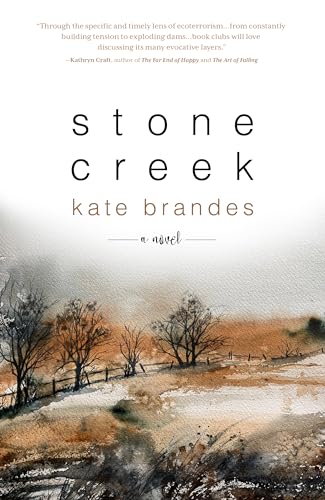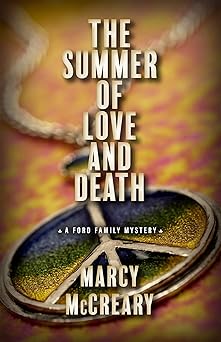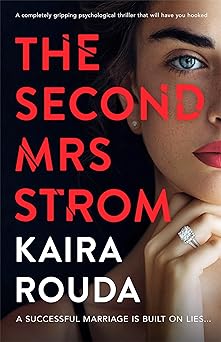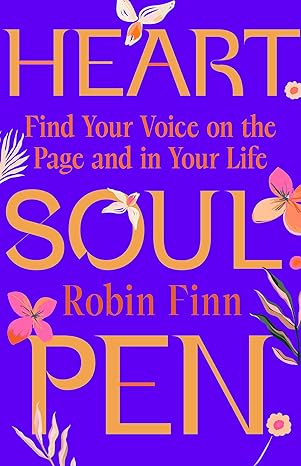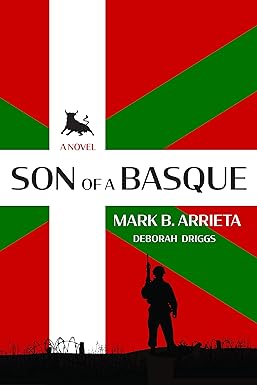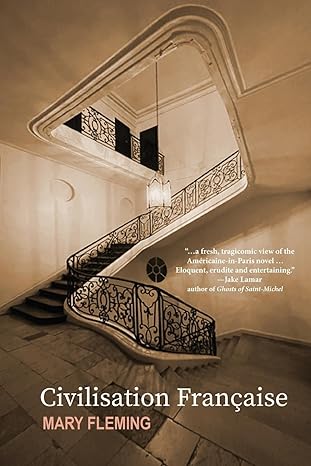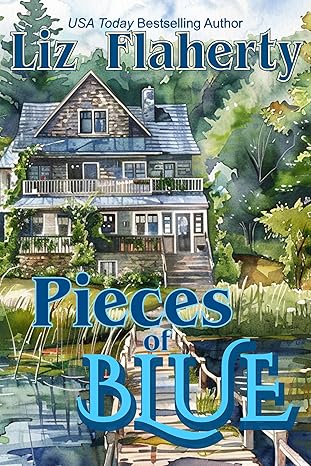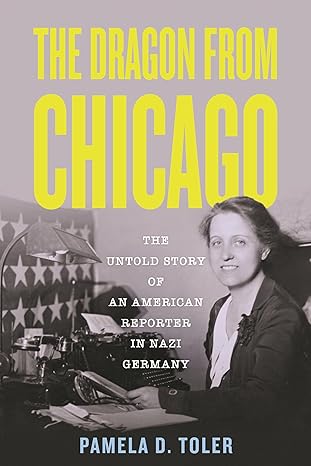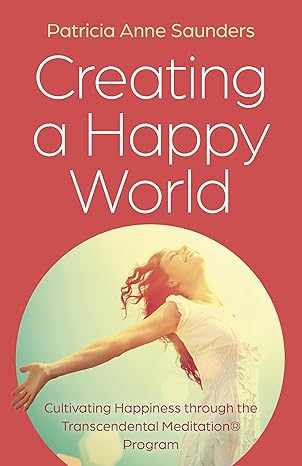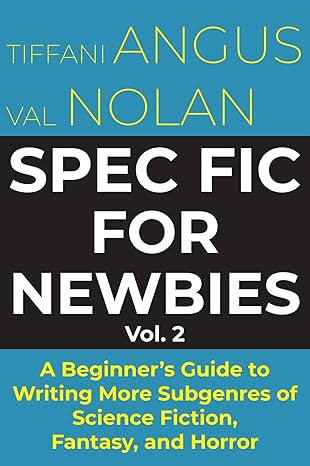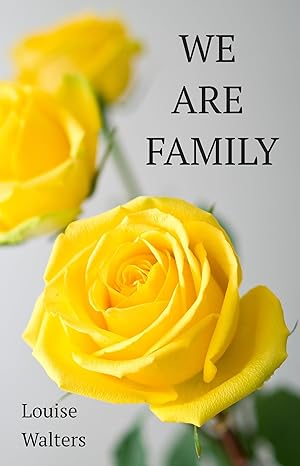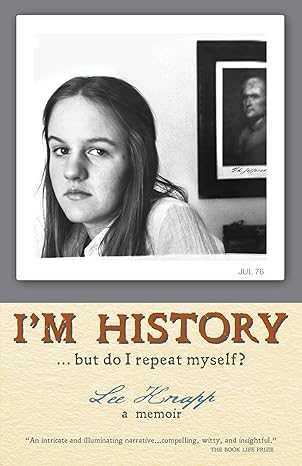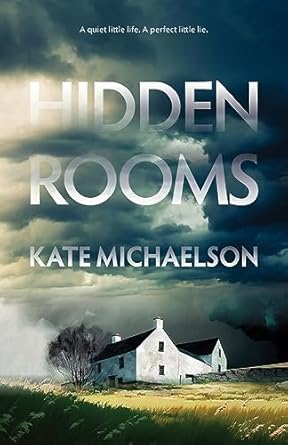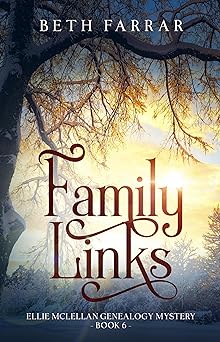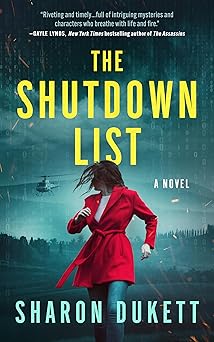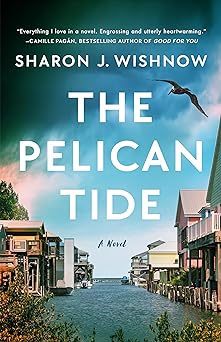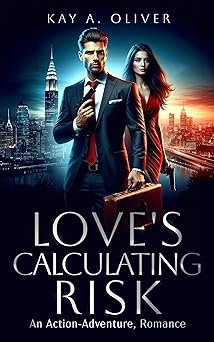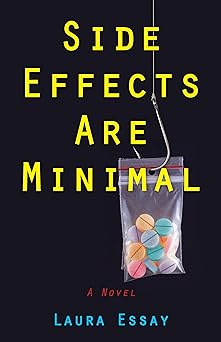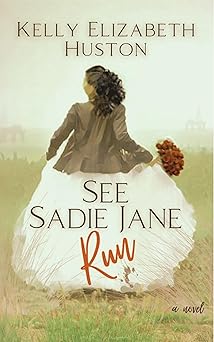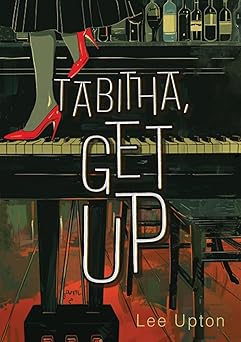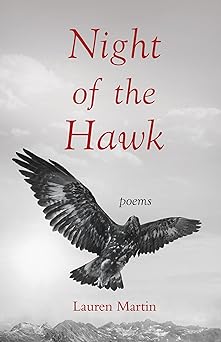Love at First Line By Megan Collins
 First sentences are a lot like first dates. If I’m intrigued by an opening line, if I feel a spark upon reading it (or, in the case of my own stories, writing it), I’m likely to keep investing my time.
First sentences are a lot like first dates. If I’m intrigued by an opening line, if I feel a spark upon reading it (or, in the case of my own stories, writing it), I’m likely to keep investing my time.
We all know that covers can be deceiving. They’re akin to a picture on a dating website, the image that was designed and edited to capture my attention and elicit fantasies about cozying up on a rainy afternoon. And the jacket copy? That’s the profile itself—the carefully cultivated information that is (hopefully) all accurate but intentionally vague.
So that first sentence has an important job to do. It has to reel me in, be captivating but a little mysterious, too. It has to suggest that what I’m looking at is not just a pretty package—there’s actual substance here. By the end of that first sentence—whether it’s one I’ve read or one I’ve written—I should believe that if I devote the necessary time, I could maybe fall in love.
One of my favorite opening lines comes from Toni Morrison’s Beloved. “124 was spiteful.” That’s it—just three small words—but as soon as I read them, I was hooked, already imagining myself displaying this book on my shelf like a framed photograph of someone I adore. I was instantly convinced that the novel was something epic and powerful that I needed to see through to the end.
The length of the sentence is crucial. With this brief, staccato opening, Morrison offers us a line as blunt and sharp as some of the novel’s most devastating moments. It does not lull the reader with false promises of a light-hearted story. It lays its trauma, its heartache, right on the table, and it does so with confidence. If we decide to close the book, it’s not the fault of the book itself. It’s because we aren’t ready for what Morrison’s going to show us.
It’s two more sentences before Morrison reveals that 124 is a house number. The fact that she doesn’t write “124 Bluestone Road was spiteful” is another brilliant move, making the residence a character in and of itself. It, too, will have a role to play in the gorgeous and haunting story that’s about to unfold, promising that 124 is not the cozy safe-haven we like to believe is home.
Another fantastic first sentence comes from Marisha Pessl’s Night Film, a literary thriller with which I was so enamored, I curled up with it on the couch for two days straight. It was one of those can’t-eat-can’t-sleep kinds of loves, all-consuming, nearly obsessive—and it started like this: “Everyone has a Cordova story, whether they like it or not.”
Right away, I was desperate to know more. What’s a Cordova story? I wondered. Why does everyone have one—and why might they not want to? By the end of the first page, we learn that Cordova is the name of an eccentric director of horrifying—and often banned—films. He’s both “a myth” and “a monster,” our narrator tells us, and with the first sentence still whispering in our ears, we know that he will have a profound impact on the book’s characters.
That initial line conveys the mood of the novel, as well. It’s mysterious and tantalizing with a hint of danger. It even reads like a threat, as if it’s telling us that by the time we’ve finished the book, we, too, will have a Cordova story. That sentence is a Do Not Enter sign. Only as soon as I first read it, I had to enter. Danger is seductive—no risk, no reward, after all—and in Night Film, Pessl has crafted an opening sentence that is so alluring that we’re willing to give up everything in order to follow it into delicious darkness.
Then, there’s the first line of Jay McInerney’s Bright Lights, Big City: “You are not the kind of guy who would be at a place like this at this time of the morning.” With its use of second-person, it’s instantly intimate. It’s leaning forward and speaking to me. It’s making me believe that though this is its story, it’s somehow mine too.
Not only is it intimate—it’s downright intriguing. It’s telling us that the protagonist is in new territory, out of his comfort zone, likely in someplace seedy yet sexy. After all, it’s not two in the afternoon, or some other hour flush with daylight and routine. It’s “this time of the morning,” one of those pre-dawn hours where the purple, velvety darkness suddenly emboldens us to follow every whim. And now, with this sentence like a finger beckoning us closer, we’re ready to go wherever McInerney leads.
If first sentences really are first dates, then the opening lines of Beloved, Night Film, and Bright Lights, Big City are three of the best I’ve ever been on. As a writer, they’ve confirmed for me the importance of crafting an initial impression that grips and doesn’t let go. But while actually drafting my own beginnings, I don’t sit down with a plan to seduce my readers. I find the process to be more of a meet-cute. In fact, when I started my debut novel, The Winter Sister, the opening sentence came to me as if by magic: “When they found my sister’s body, the flyers we’d hung around town were still crisp against the telephone poles.”
But there’s magic involved in first dates, too—that inexplicable chemistry you feel zinging through your body—and I knew as soon as I wrote that line that this was a story to which I could happily and feverishly commit. Now I can only hope that others read it and find that first line, that first date, to be worthy of their time, too.
—
Megan Collins holds an MFA in creative writing from Boston University. She has taught creative writing at the Greater Hartford Academy of the Arts and Central Connecticut State University, and she is the managing editor of 3Elements Literary Review. A Pushcart Prize and two-time Best of the Net nominee, her work has appeared in many print and online journals, including Off the Coast, Spillway,Tinderbox Poetry Journal, and Rattle. She lives in Connecticut.
Website: www.megancollins.com
Facebook: @megancollinswriter
Twitter: @ImMeganCollins
About THE WINTER SISTER
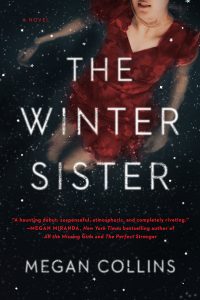 In this spellbinding and suspenseful debut, a young woman haunted by the past returns home to care for her ailing mother and begins to dig deeper into her sister’s unsolved murder.
In this spellbinding and suspenseful debut, a young woman haunted by the past returns home to care for her ailing mother and begins to dig deeper into her sister’s unsolved murder.
Sixteen years ago, Sylvie’s sister Persephone never came home. Out too late with the boyfriend she was forbidden to see, Persephone was missing for three days before her body was found—and years later, her murder remains unsolved.
In the present day, Sylvie returns home to care for her estranged mother, Annie, as she undergoes treatment for cancer. Prone to unexplained “Dark Days” even before Persephone’s death, Annie’s once-close bond with Sylvie dissolved in the weeks after their loss, making for an uncomfortable reunion all these years later. Worse, Persephone’s former boyfriend, Ben, is now a nurse at the cancer center where Annie is being treated. Sylvie’s always believed Ben was responsible for the murder—but she carries her own guilt about that night, guilt that traps her in the past while the world goes on around her.
As she navigates the complicated relationship with her mother, Sylvie begins to uncover the secrets that fill their house—and what really happened the night Persephone died. As it turns out, the truth will set you free, once you can bear to look at it.
The Winter Sister is a mesmerizing portrayal of the complex bond between sisters, between mothers and daughters alike, and forces us to ask ourselves—how well do we know the people we love most?
“Sharp and mysterious, The Winter Sister explores the complex bonds between families,
the secrets that tie people together—and those that break them apart. A haunting debut: suspenseful, atmospheric, and completely riveting.” —Megan Miranda, New York Times bestselling author of All the Missing Girls and The Perfect Stranger
Category: Contemporary Women Writers, How To and Tips




